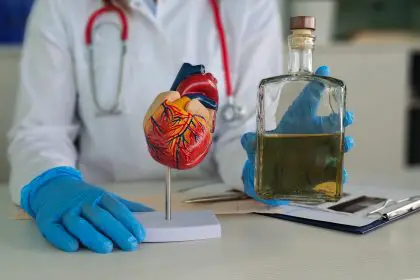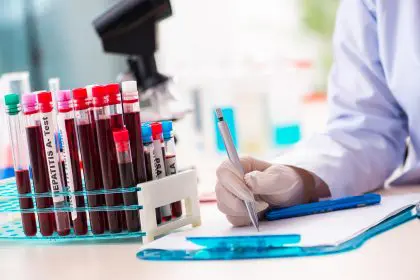The liver, serving as the body’s natural filtration system, faces significant challenges from alcohol consumption. As this vital organ works to break down toxins and aid digestion, excessive alcohol intake can lead to severe complications that may become life-threatening if left unaddressed.
Initial warning signs
Fatty liver disease often emerges as the first indication of alcohol-related liver damage. This condition develops when fat accumulates in liver cells, compromising their ability to function properly. While the condition may not immediately produce noticeable symptoms, its presence signals that the liver struggles to process alcohol effectively.
Early warning signs include persistent fatigue, mild abdominal discomfort, and unexpected weight changes. The condition, while concerning, often proves reversible when caught early. Lifestyle modifications, particularly reducing alcohol consumption, can help restore liver health before permanent damage occurs.
Inflammatory responses
Alcoholic hepatitis represents a more severe stage of liver damage, characterized by inflammation throughout the organ. This condition typically develops after prolonged heavy drinking, causing the liver to swell and potentially leading to serious complications if not addressed promptly.
The onset of alcoholic hepatitis often brings more noticeable symptoms. Individuals may experience jaundice, marked by yellowing of the skin and eyes, along with persistent nausea and abdominal pain. The severity can range from mild cases to life-threatening situations that risk complete liver failure.
Progressive scarring
As the liver attempts to heal from repeated damage, it forms scar tissue through a process known as fibrosis. This natural healing response can eventually impede liver function if alcohol consumption continues. While early-stage fibrosis may be manageable with lifestyle changes, continued drinking accelerates the progression toward more severe conditions.
The development of scar tissue serves as a critical turning point in liver health. While not immediately life-threatening, fibrosis acts as a precursor to more severe conditions. Early medical intervention becomes crucial during this stage, as the progression to advanced scarring can limit available treatment options.
Advanced damage
Cirrhosis marks the final stage of liver scarring, representing irreversible damage to the organ. This condition transforms healthy liver tissue into stiff, non-functioning tissue that cannot support normal liver functions. Alcohol-induced cirrhosis ranks among the most severe outcomes of chronic drinking.
Physical manifestations of cirrhosis include abdominal swelling, cognitive changes, and increased bruising tendency. These symptoms indicate significant liver dysfunction and require immediate medical attention. Without intervention, cirrhosis can progress to complete liver failure or increase the risk of liver cancer.
Cancer risk
Chronic alcohol consumption significantly raises the likelihood of developing liver cancer, particularly in individuals with existing cirrhosis. Hepatocellular carcinoma, the most common form of liver cancer, often develops against a background of alcohol-related liver damage.
Warning signs of liver cancer include unexplained weight loss, decreased appetite, and upper abdominal pain. Early detection through regular medical screening can improve treatment outcomes, though advanced cases remain challenging to manage effectively.
Preventive strategies
Protecting liver health requires a comprehensive approach to lifestyle modification. Limiting alcohol intake according to recommended guidelines provides the most direct benefit to liver health. For individuals at higher risk, complete abstinence may offer the best protection against liver damage.
A balanced diet rich in antioxidants supports liver function and helps mitigate damage. Proper hydration aids the liver’s natural detoxification processes. Regular medical check-ups, including liver function tests, help monitor organ health and detect potential issues early.
Looking forward
Understanding the progressive nature of alcohol-related liver damage emphasizes the importance of early intervention. While some conditions prove reversible with lifestyle changes, others require ongoing medical management to prevent further deterioration.
The relationship between alcohol consumption and liver health highlights the need for informed decision-making about drinking habits. By recognizing early warning signs and taking protective measures, individuals can help preserve this vital organ’s function and support overall health throughout their lives.
This story was created using AI technology.
















